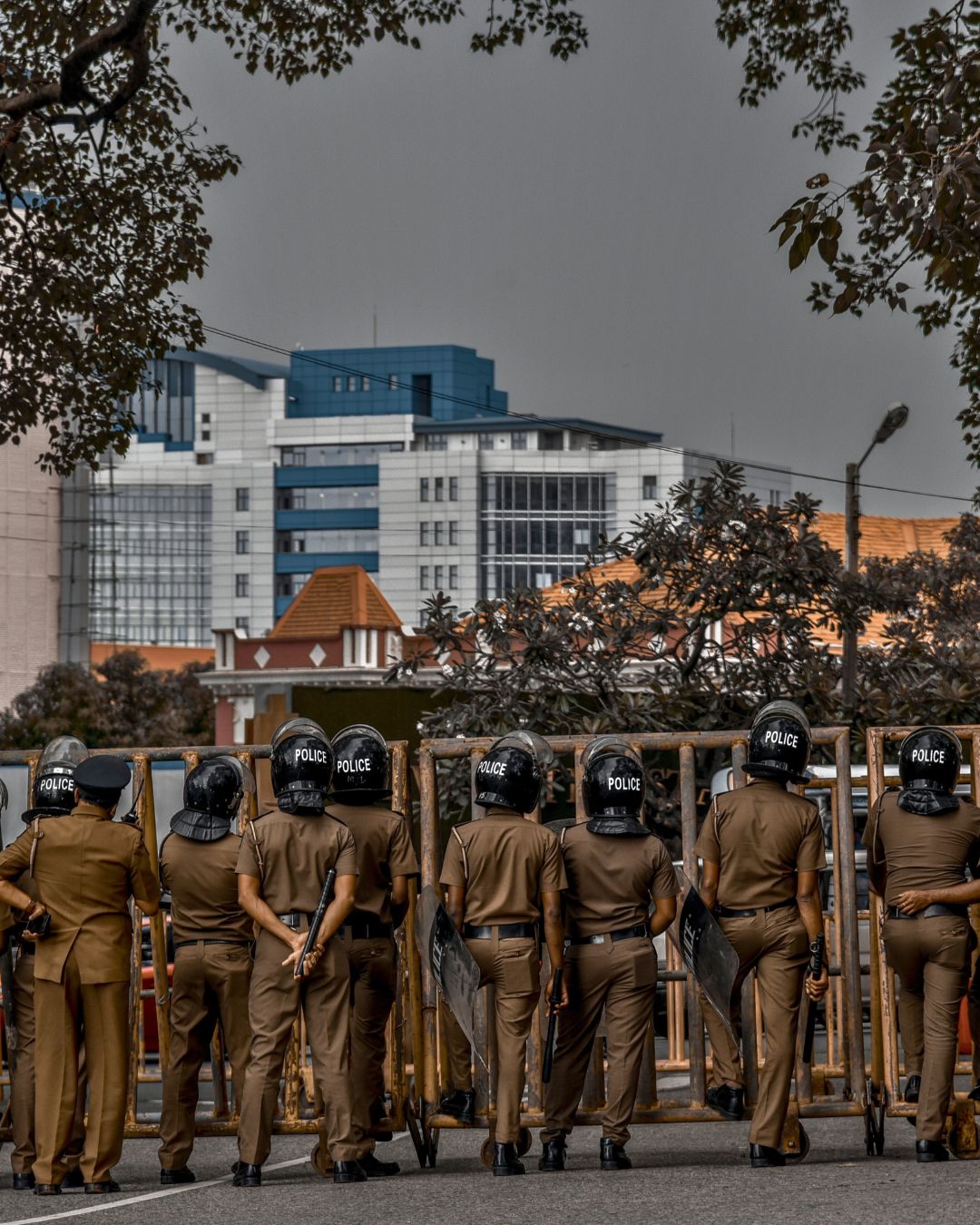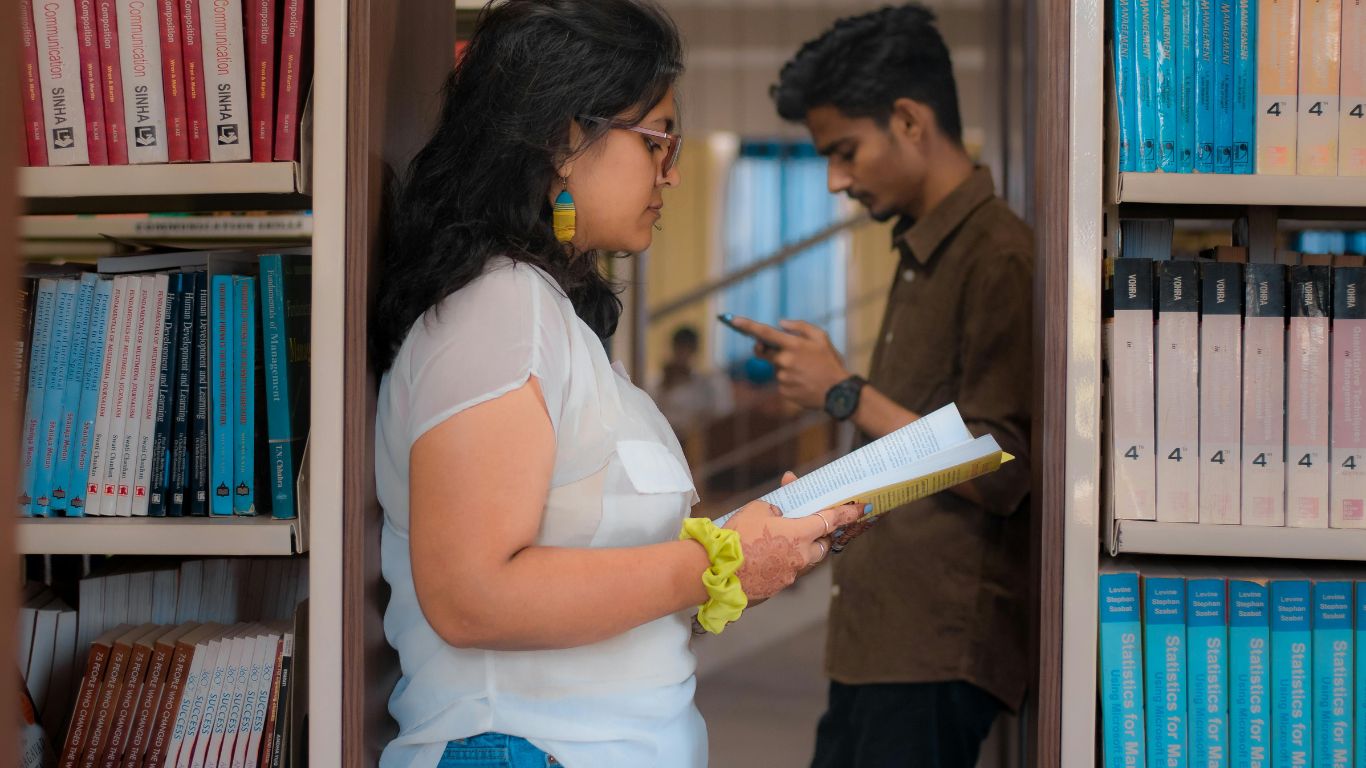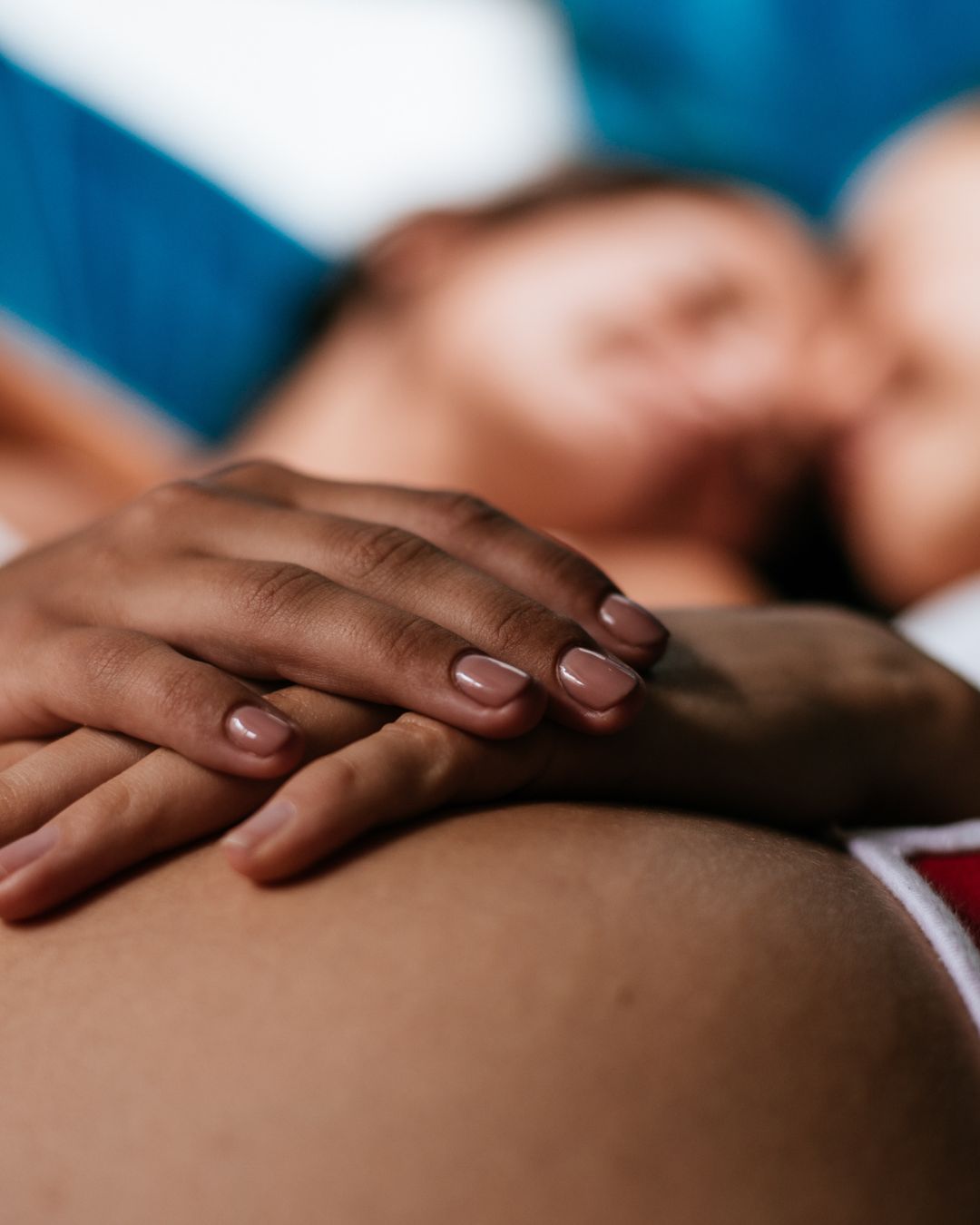93.1% of reported sexual assault cases involve perpetrators who were known by the survivor prior to the assault i.e. family members, peers, partners, employers, etc.
67 cases of rape are reported every day, with roughly three cases occurring every hour across the country. That’s one instance of sexual assault every 20 minutes.
On average, a new incident of assault is reported under the Protection of Children from Sexual Offences Act (POCSO) every 30 minutes.
Only 32% of reported cases resulted in convictions in 2017, with a further decline to 27.2% in 2018.
Roughly 4 out of every 10 cases of assault and rape are reported with the local police while the remaining 60% is most likely to not file an official complaint.
What do these numbers tell us?
There is a dire need for compassionate, informed, and resourceful frontliners who understand the nuances and power dynamics involved when having to file a complaint against a known assailant or abuser.

There may already be power imbalance created by social seniority, professional titles, or financial statuses and it does not help anyone but the assailant when frontliners encourage survivors to drop the case or endure the unfair treatment indefinitely.
They must also be equipped to document, investigate and follow up with the people involved in the case to ensure that the issue is escalated and addressed appropriately.
Evidence must be collected and stored systematically, testimonies must be collected from all individuals involved and the information collected through physical evidence and testimonies must be comprehensive enough to effectively document the events that occurred.

These frontliners must also be prepared and equipped to interact with minors who wish to report assault. The only way this frontline group can be perceived as safe, unbiased and reliable enough to collect evidence and document these incidents of violence is if the process of evidence collection and documentation itself can be rid of judgements, biases, power imbalances and human error.
While justice, closure, accountability and healing can mean different things to different survivors, many do wish to report their experiences with local authorities and file an official complaint. But is the Indian police really equipped to handle these cases and speak to survivors with utmost care and sensitivity?

According to Manish Kaithwas and Neena Panday’s paper “Incompetency and Challenges of Police in Rape Cases” and several other bodies of research by academics and organisations that do study the role of police and the justice system as it is today, sexual assault occurs most often when the perpetrator is attempting to demonstrate an “autocratic, monarch-like power” over the survivor.
What this means is that sexual crimes have very little to do with the survivor or victim’s outfit or appearance. It’s not about what the survivor did or did not do, it is about what the perpetrator felt entitled or driven to do. And yet, our cops (and even our media and immediate relatives and communities) will promptly place the blame on the survivor and analyse their actions to determine what could possibly have led to the chain of events that then followed.

Is this because analysing the survivor’s life choices allows us to feel more in control of the situation than we would if we had to put ourselves in the mind of the perpetrator? Or is this because of years of hearing that ‘boys will be boys’ and ‘women can’t commit sexual assault’? And how do we define justice if our core belief still is that sexual assault just happens sometimes?
Police Biases and Victim Blaming
For a force that plays such a crucial role in making people feel safe and has thus been entrusted with the job of collecting evidence and testimonials to protect the rights of the masses, the Indian police force should ideally comprise of a diverse group of people who can empathise with every demographic and offer compassionate and empathetic solutions to people of varying cultural and social identities. And yet, the Indian police force has less than 6% of cis women.

Never mind the frequency and intensity of violence faced by SC/ST/OBC, trans, Muslim and sex worker communities, we do not even have a police force that can offer enough compassion and sensitivity to cis women. In a 2016 article for Hindustan Times, a constable from the Delhi Police Force said that people “invite r*pe by wearing skimpy clothes and eating junk food”. This opinion may sound bizarre and laughable but it is still commonplace. However, there is a difference between elders gossiping in your local community, and having this mindset invade the process of seeking justice and safety through police officers, college professors, corporate employers, lawyers and judges, doctors or social workers.
Lack of sensitivity
The act of reporting assault is reliving it. To support this process and to adequately capture information shared by survivors and witnesses, primary investigators first need to be trained in trauma sensitivity. Without the knowledge of how differently trauma responses can play out among different people, investigators are likely to continue perceiving survivors as ‘not scared enough’ or ‘not crying enough’ to be a real survivor and the cycle of discouraging witnesses and survivors or dismissing their accounts will persist.

Members of the police force have also been accused of claiming that sexual assault happens because ‘men need it’, which implies that men or masculine individuals are thoughtless and uncontrollable, whose everyday feelings and desires are dominated by hormones alone and not by any complex thought. While this notion brutally normalises everyday violence that people face at the hands of men in their lives, it simultaneously makes it difficult for men and masculine people to file complaints against the instances of violence and assault they might face in their own lives.
The men who hurt them are then perceived as ‘more manly’ of the two, or if the violence occurs at the hands of a cis woman, it is brushed off as an unrealistic scenario or used to deride the male survivor even further. Without truly understanding the meaning of power imbalances and the effects they have on consent, how are our cops ever going to be able to offer a space free of bias and judgement?
Poor evidence, survivor harassment and power dynamics
While rape is a non-bailable offence in the Indian Penal Code, several perpetrators of violence are still able to seek bail if the evidence is seen as ‘inconclusive of rape’. After the 2012 case in Delhi, Delhi High Court found that DNA and blood samples as well as clothing taken as evidence were contaminated before even reaching the forensic labs.

Most labs also reported a 2-3 year time period needed for DNA analysis, which only raises the question: Do we even have the infrastructure required to offer survivors the form of justice that they seek? Remember how we mentioned earlier that 93% of rape and assault cases occurred at the hands of known perpetrators? So when the police botches details in a testimony or fails to collect and store evidence appropriately, the accused is likely to be able to seek bail. They are then also able to locate, harass, and further target the survivor (and their families or even the entire community) as is often seen when the perpetrator has a higher financial status than the victim or belongs to a significantly more powerful caste community than the survivor.
A 2017 report by Human Rights Watch that contains an in-depth analysis of 21 cases found that several reports of rape and assault never even get registered as a First Investigation Report (FIR), especially if the perpetrator belongs to a prominent community or powerful families. The police would instead pressurise the survivor to ‘compromise’ or ‘settle the matter amongst themselves’. What does this mean for people who face violence at the hands of politically prominent individuals or people with caste-based powers and socioeconomic privileges? Surely it means that ‘justice’ is served first to those with networks and assets to ensure their own comfort and safety and to protect their public reputations, while those without those networks boil down to just another statistic or worse, never even get accounted for in national surveys and studies.

In September 2015, ‘Kajal’ from Madhya Pravesh attempted to register a complaint of rape with local authorities. She was not allowed to fill the necessary paperwork and was instead asked to return the next day. When she did, she and her father were verbally harassed and threatened into admitting that they had filed a false report. In October 2016, Meena from Jhansi faced similar struggles. The police failed to file charges or take any action and Meena, who was 16 at the time, was pulled out of school when the accused’s family threatened Meena with more violence.
Our population is disproportionately at risk of sexual assault and harassment not because of the clothes we wear or the food we eat, but because of the unequal distribution of power on the basis of gender, caste, sexual orientation, religion and more. What we need is more trained specialists who can understand trauma and approach it with an understanding of power dynamics and social pressures and hierarchies. What we need is a contingency plan for people (individuals and groups alike) who have to continue living with perpetrators and abusers within their institutes or communities.
What we need is a system that can accommodate a variety of options for justice so the survivor and their community or family can navigate their healing process with strategies that serve them best. But in the meantime, if this system of cops and civilians must continue, may everyone at least be well versed in trauma, power dynamics, and consent so civilian safety can actually be defined by the civilians themselves.


















Leave a comment
This site is protected by hCaptcha and the hCaptcha Privacy Policy and Terms of Service apply.